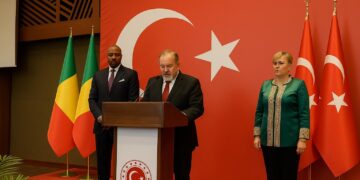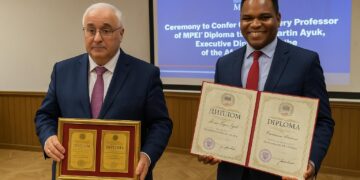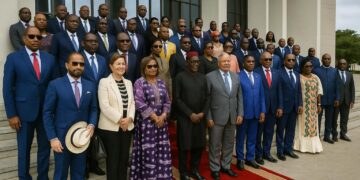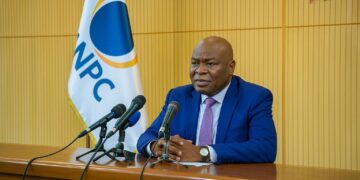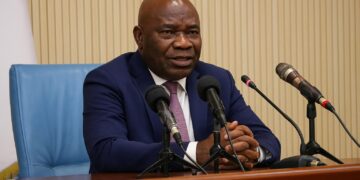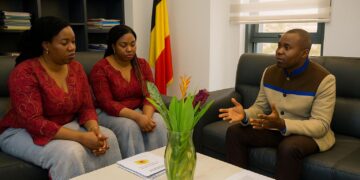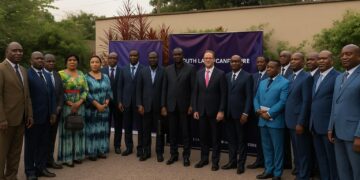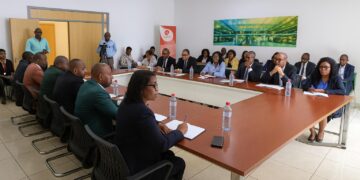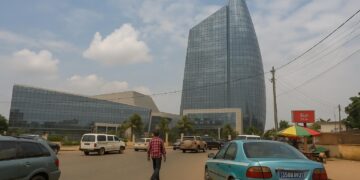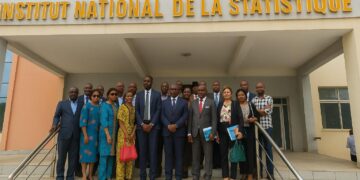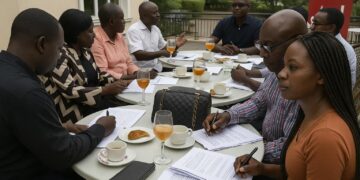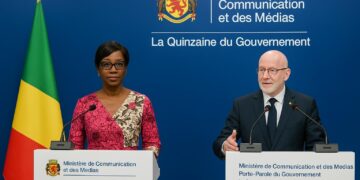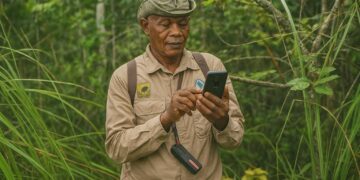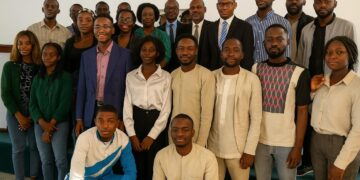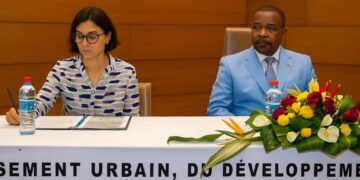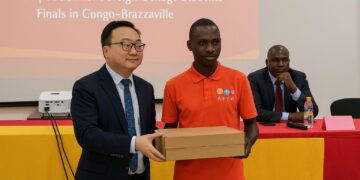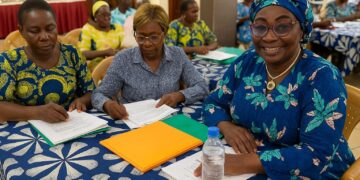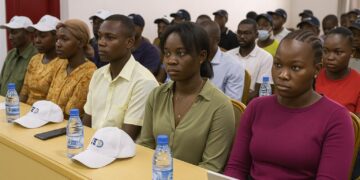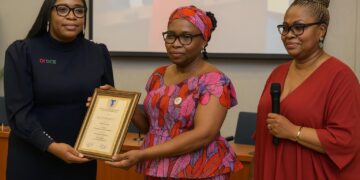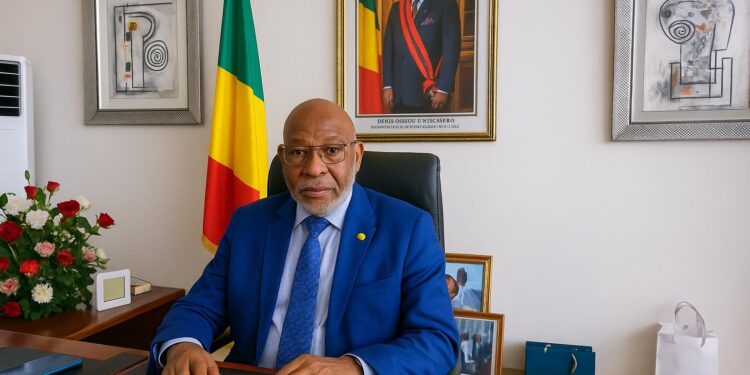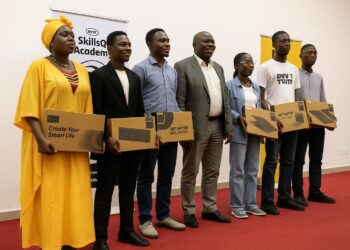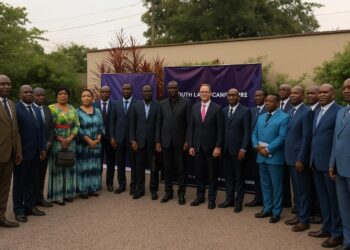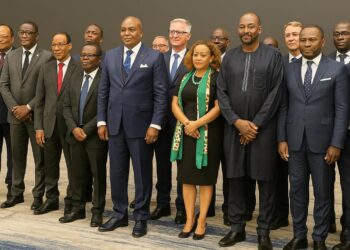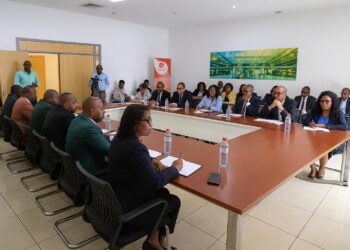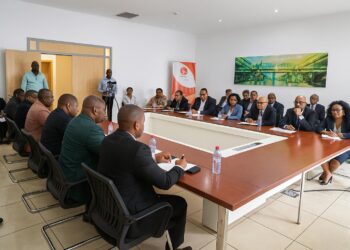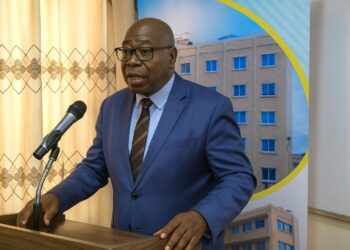Intellectual property in Congo’s growth strategy
Few levers are as decisive for emerging economies as the ability to claim, protect and trade ideas. In Brazzaville, officials now place intellectual property (IP) at the very heart of Congo’s bid to diversify away from oil and secure higher-value, knowledge-based growth.
Marking the 26th African Technology and Intellectual Property Day on 12 September, Minister Antoine Thomas Nicéphore Fylla Saint Eudes described IP as a “strategic accelerator” that can shield local inventors, attract investors and encourage technology transfer across the continent (ACI, 13 September).
Skills shortages hinder tech diffusion
Yet the minister conceded that the concept remains largely confined to legal experts and a handful of multinational firms. Limited awareness in small businesses and universities, he argued, slows patent filings and leaves breakthrough ideas vulnerable to imitation.
Available data illustrate the gap. Congo registered fewer than 40 patent applications in 2022, compared with over 500 in neighbouring Nigeria and some 4,000 in South Africa, according to the World Intellectual Property Organization (WIPO 2023).
The shortfall matters because investors increasingly read patent statistics as a proxy for innovative capability. “Robust IP portfolios reassure financiers that a project has defensible advantages,” comments a Brazzaville-based venture-capital adviser, noting that term-sheet valuations can swing 15 % on the presence of granted patents.
Government roadmap and presidential backing
Responding to the challenge, the Ministry of Industrial Development is drafting a capacity-building roadmap that folds IP training into entrepreneurship programs, engineering curricula and public research budgets.
Under the plan, every state-supported incubator must appoint an IP officer, while the national scholarship scheme will prioritise masters degrees in patent law, digital copyright and technology valuation. Initial funding of CFAF 1.8 billion is already earmarked in the 2024 budget proposal.
Observers link the momentum to President Denis Sassou Nguesso’s broader agenda of economic diversification, outlined in the National Development Plan 2022-2026. Officials view stronger IP culture as complementary to special economic zones, start-up incentives and the rollout of 4G infrastructure.
OAPI Academy at twenty
Regionally, Brazzaville banks on the Organisation Africaine de la Propriété Intellectuelle, headquartered in Yaoundé, to fill training gaps. Created in 2005, OAPI’s Academy turns twenty this year and already counts more than 4,500 alumni from 17 French-speaking African states.
New modules developed with WIPO now cover green technology patent drafting, geographical indications for agro-forestry products and dispute-resolution skills tailored to African courts. Congo has secured 60 trainee slots for 2024, double the number available five years ago.
“Our ambition is to create an IP mindset across all ministries,” explains an official at Congo’s Permanent Mission to OAPI. He adds that cooperation agreements allow national examiners to be seconded to Yaoundé for on-the-job exposure to complex pharmaceutical and software filings.
Private sector and academia synergy
Universities are moving in step. Marien Ngouabi University will launch a bilingual certificate in IP management next semester, pairing legal theory with laboratory-based innovation projects. Lecturers say the course is designed to reduce the time from prototype to patent to under 12 months.
In the corporate arena, breweries, timber exporters and fintech start-ups are beginning to audit their intangible assets. One timber company recently trademarked a new sustainable-logging label to position its Okoumé plywood in European markets, citing the EU’s due-diligence rules as a driver.
Banks are adapting as well. The national development bank now accepts licensed patents as collateral for innovation-linked loans of up to CFAF 200 million, a policy crafted with technical assistance from the African Development Bank and piloted this July.
A gender dimension is emerging. Women’s associations partnered with OAPI to deliver weekend workshops on patent searches and brand strategy to female artisans in Pointe-Noire. Organisers say early cohorts report a 30 % jump in e-commerce sales after formalising designs and obtaining local trademarks.
Regional integration and future outlook
Experts argue that Congo’s push will gain traction if aligned with the African Continental Free Trade Area (AfCFTA). The bloc’s Protocol on IP Rights, still under negotiation, could harmonise patent procedures and lower filing costs by up to 40 %.
Meanwhile, digital tools promise to widen access. The government is testing an online platform that lets creators file trademarks in French and Lingala, pay fees via mobile money and monitor examination stages in real time. Beta users report a three-day reduction in processing.
Challenges remain, notably enforcing court decisions and combating counterfeit imports along porous borders. Still, most stakeholders contacted agree that building human capital is the prerequisite; regulatory tweaks mean little without lawyers, engineers and judges able to navigate an increasingly technical field.
If the current momentum holds, Congo-Brazzaville could double its annual patent filings by 2028, according to projections from the Ministry of Industrial Development. That figure would still trail regional leaders, yet it would signal that the republic is converting ideas into investable assets.

